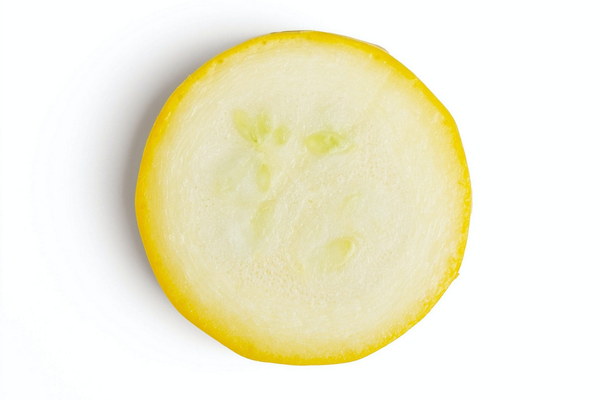Navigating the Transition to Winter A Guide to Liver Care After the Start of Winter
As the world transitions from the warmth of autumn to the crispness of winter, the body also undergoes a shift in its internal balance. One of the most crucial organs to pay attention to during this time is the liver. Known as the body's detoxifier and metabolizer, the liver plays a pivotal role in maintaining overall health. Here's a comprehensive guide to liver care after the start of winter.
Understanding the Liver's Role in Winter
The liver is responsible for filtering blood, detoxifying harmful substances, and producing bile to aid in digestion. During the winter months, the liver becomes even more active as it attempts to eliminate the toxins that accumulate from the colder weather and heavier foods consumed during the colder seasons.
1. Nourish with Right Foods
A balanced diet is key to liver health. Incorporate the following foods into your winter diet to support liver function:
- Greens: Dark leafy greens like spinach, kale, and Swiss chard are rich in vitamins A, C, E, and K, which are essential for liver detoxification.
- Citrus Fruits: Oranges, lemons, and grapefruits are high in vitamin C, which helps to produce glutathione, a liver-protecting compound.
- Fatty Fish: Salmon, mackerel, and sardines are excellent sources of omega-3 fatty acids, which can reduce inflammation and support liver health.
- Artichokes: Artichokes contain cynarin, which stimulates bile production and supports liver function.
- Nuts: Almonds and walnuts contain antioxidants and healthy fats that support liver health.
2. Stay Hydrated
Cold weather can lead to dehydration, which can put extra strain on the liver. Drink plenty of water throughout the day to keep your liver functioning optimally.
3. Exercise Regularly
Physical activity helps to boost your metabolism and improve blood circulation, which can aid in the liver's detoxification process. Aim for at least 30 minutes of moderate exercise most days of the week.
4. Manage Stress
Stress can affect liver function by increasing the production of cortisol, a hormone that can interfere with the liver's ability to metabolize fats. Practice stress-reducing techniques such as meditation, deep breathing exercises, or yoga to keep your liver healthy.

5. Limit Alcohol and Avoid Toxic Substances
Excessive alcohol consumption can damage the liver. During the winter months, it's especially important to limit alcohol intake and avoid exposure to toxic substances, which can further burden the liver.
6. Get Adequate Sleep
Sleep is essential for liver health, as it allows the body to repair and regenerate tissues. Aim for 7-9 hours of quality sleep each night.
7. Consider Supplements
If you're looking to support liver health, consider supplements such as milk thistle, which contains silymarin, a compound known for its liver-protective properties. Consult with a healthcare professional before starting any new supplement.
8. Regular Check-ups
It's important to have regular check-ups with your healthcare provider to monitor liver function and address any potential issues early.
By following these tips, you can help ensure that your liver remains healthy throughout the winter season. Remember, the liver is a resilient organ, but it requires care and attention to maintain its optimal function. As the world transitions into winter, take the time to nurture your liver and support your overall well-being.









